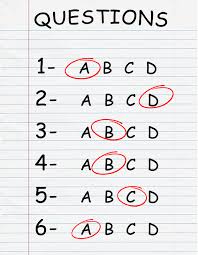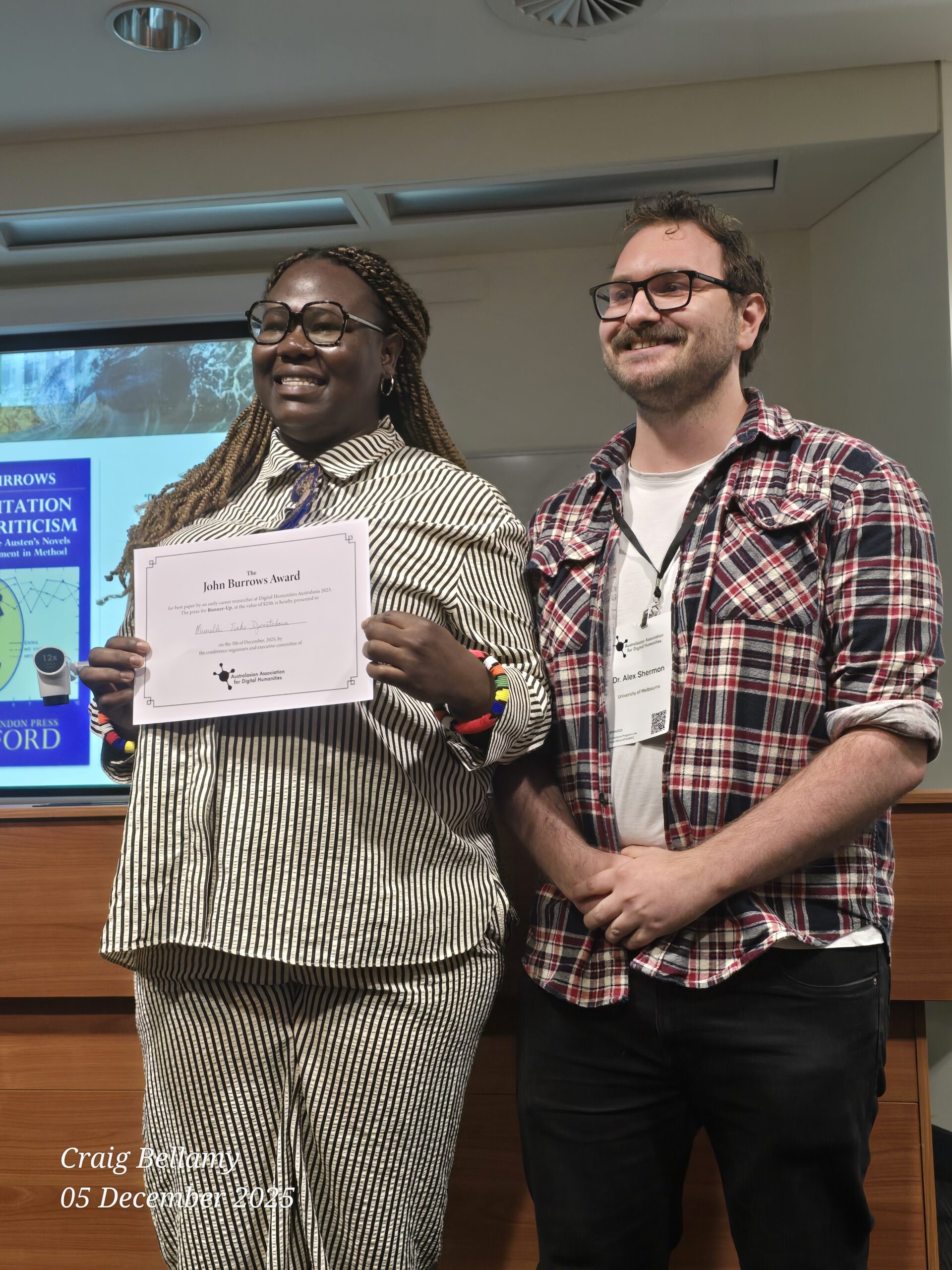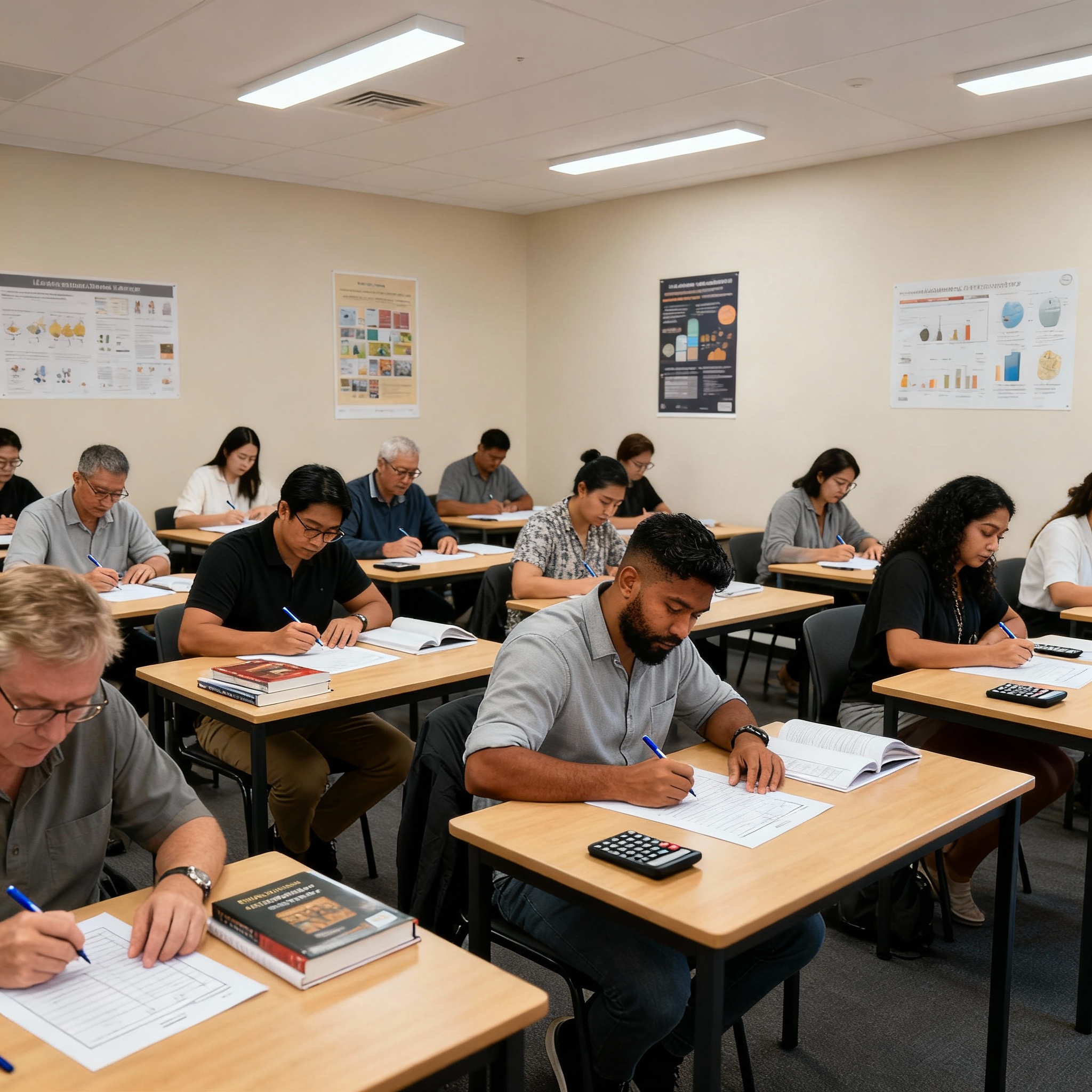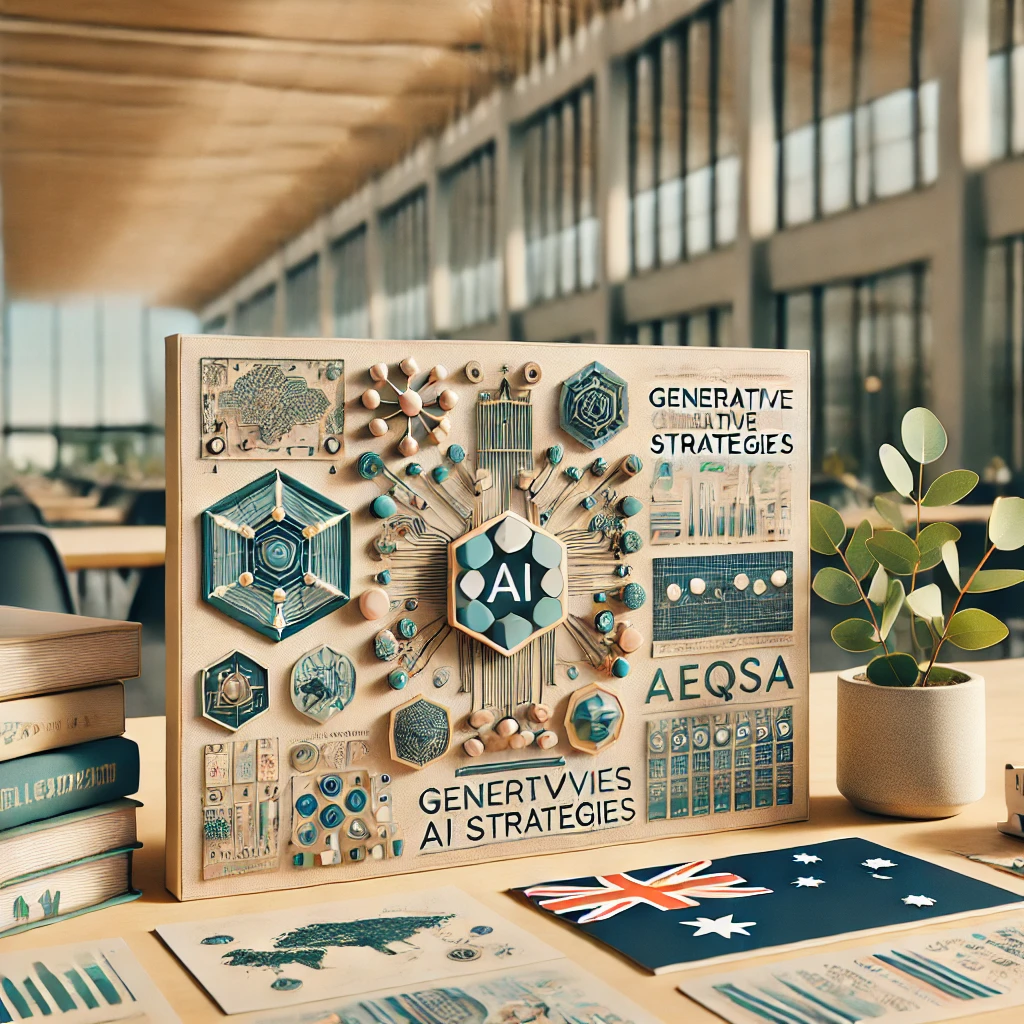Category: digital humanities
-

The Quiz and AI: Reconsidering what outcomes really matter
The emergence of generative AI has sparked ‘wicked problem’ questions among educators: What is a quiz for? Is it still useful? Measuring what students know through quizzing them suddenly feels inadequate when an AI system can answer factual (and deliberative) questions faster and more accurately than a human. However, beneath this dilemma sits something more interesting:
-

Digital Archipelagos: A personal reflection on DHA2025 and its evolution in Australasia
Genesis, definitions, and memory Digital humanities remains a contested term, as all definitions must be! The field has been variously described as the intersection of computing and humanities disciplines, a methodological commons, and a site of computational engagement with cultural materials. Such contestation is healthy, signalling vitality, yet it also generates considerable waffle. I am
-

The Future of the Essay in the Age of AI: A Practical Guide
Generative Artificial Intelligence (GenAI) has fundamentally disrupted one of higher education’s most enduring pedagogical tools: the essay. For centuries, the essay has served as both a means of learning and a method of assessment, asking students to demonstrate research skills, critical thinking, argument construction, and disciplinary knowledge through extended written work. The arrival of tools
-

Applying the AI Assessment Scale (AIAS): A Step-by-Step Guide for auditing and updating assessment tasks
Generative Artificial Intelligence (GenAI) has created both opportunities and challenges for assessment design and academic integrity. The AI Assessment Scale (AIAS), developed by Perkins, Furze, Roe, and MacVaugh, provides a practical framework to guide educators in making purposeful, evidence-based decisions about appropriate AI use in assessments. Rather than treating AI as a threat to be
-

Review: The TEQSA toolkit on generative AI strategies for Australian higher education
The TEQSA toolkit on generative AI strategies for Australian higher education, released in November 2024, provides a comprehensive framework for institutions navigating the challenges and opportunities of AI integration. This emerging practice guide addresses three critical dimensions: Process, People, and Practice. The toolkit emerges from TEQSA’s June 2024 request for institutional action plans addressing gen
-

Transparency of AI usage in academic work and the Grammarly Authorship model
Transparency in academic work is paramount, particularly regarding using AI tools in educational settings. By fostering an environment of transparency, we can build trust, ensure integrity, and maximise the benefits of AI in universities while mitigating potential risks. This transparency involves an open declaration of AI tool usage, a clear distinction between AI and human
